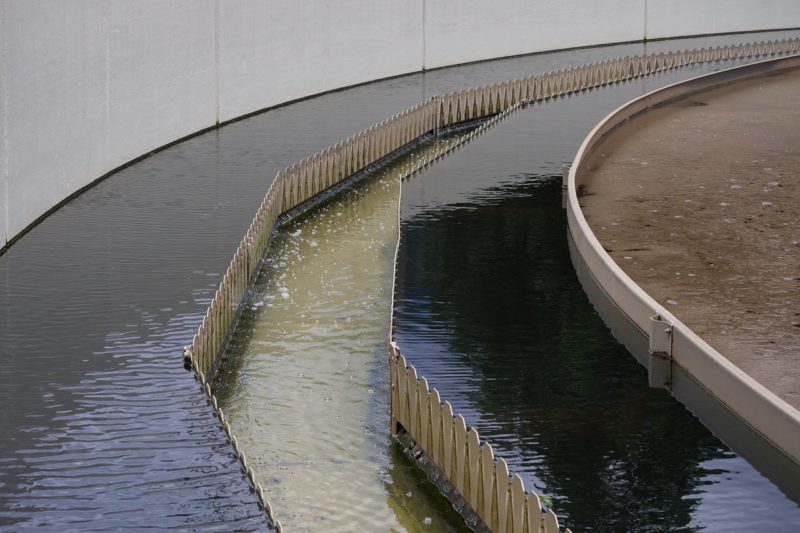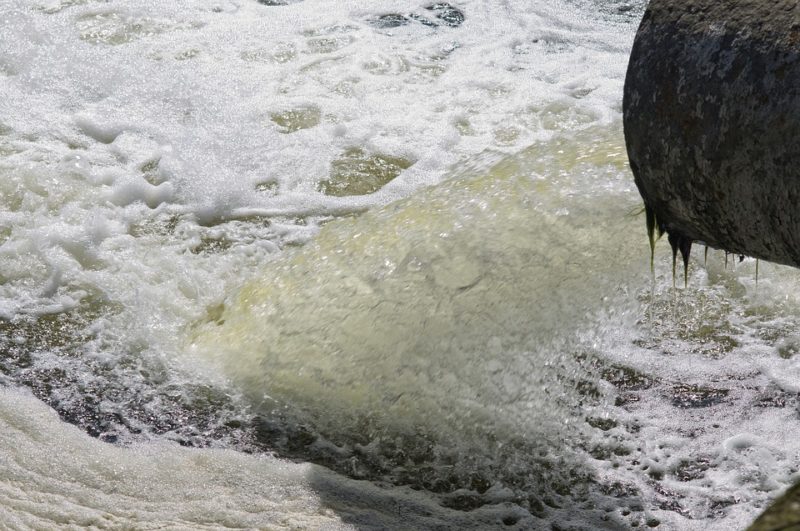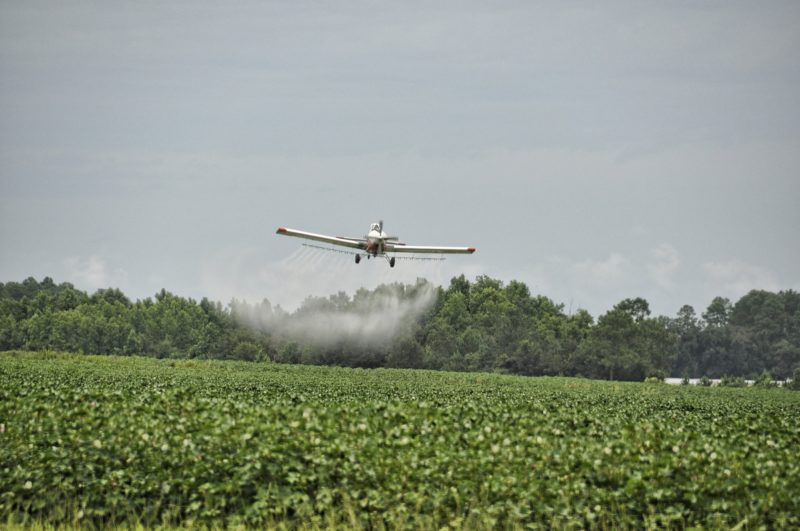Clean Environment
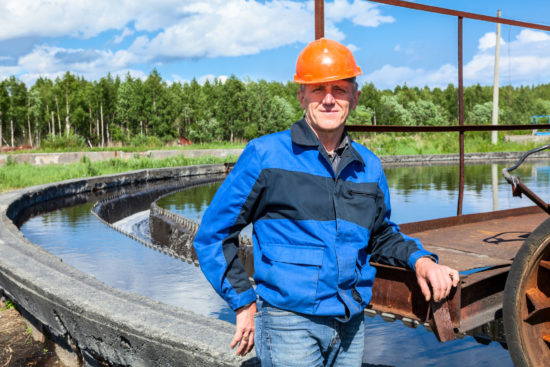
Antimicrobial resistance (AMR)
AMR develops when bacteria, fungi or viruses are exposed to antibiotics, antifungals or antivirals. As a result, the antimicrobials become ineffective and infections may persist. In addition, medical interventions including surgery, chemotherapy and stem cell therapy may become impossible.
AMR is considered the biggest global threat of Health and Food Safety.
AMR Insights:
For Environmental experts, officials and other professionals who wish to prevent the further spreading of Antimicrobial resistance, AMR Insights offers selected, global information and data, specific education and extensive networking and partnering opportunities.
AMR Insights is for:
- Environmental Researchers at universities and research institutes
- Environmental Experts at research and consultancy firms
- Labtechnicians at environmental quality laboratories
- Senior officials at national authorities and regulatory authorities staff
- Environmental Experts at drinking water, sewage and soil remediation companies
Latest Topics
-
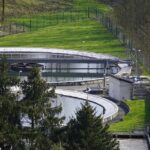 18 April 2025
18 April 2025Antimicrobial Resistance (AMR) in Waste water
AMR, or antimicrobial resistance, occurs when drugs no longer target disease-causing bacteria, viruses, fungi, and parasites. Contaminated wastewater contributes to the spread of AMR in the UK and worldwide. To tackle AMR, interventions include strengthening monitoring, stakeholder engagement, and enhancing treatment technologies. It’s crucial to adopt a combination of local and cross-sectoral interventions to address […]
Read more... -
 16 April 2025
16 April 2025Emission Dynamics and Public Health Implications of Airborne Pathogens and Antimicrobial Resistance from Urban Waste Collection Facilities
This study investigates the role of household waste collection facilities (WCFs) in emitting airborne pathogens and antimicrobial resistance (AMR) in a major city. It found that annual infection risks for waste-handling workers exceeded the World Health Organization’s limit of 10–4. Community exposure risks were significant up to 220 m downwind from WCFs. The study highlights […]
Read more... -
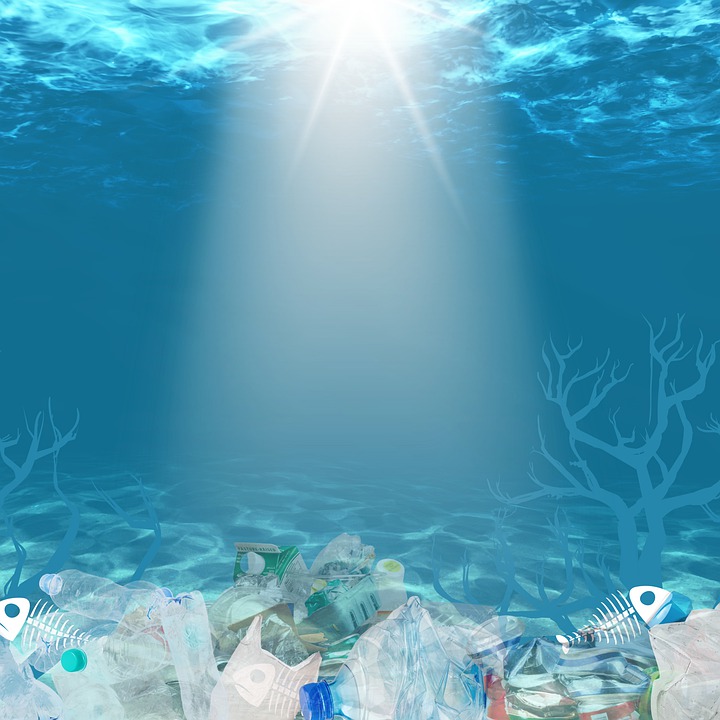 14 April 2025
14 April 2025Plastic-mediated transformation: A new route to navigate plasmid-borne antibiotic resistance genes
Plastic polymers in aquatic ecosystems are increasing pollution and attracting bacteria for colonization and horizontal gene transfer (HGT). A study tested bacteria’s ability to acquire plasmid DNA under various treatments, including soil, CaCl2 salt solution, and plastic debris. Results showed plastic fragments were efficient in increasing bacterial competence for DNA uptake. The study suggests that […]
Read more...
More news related to Clean environment

